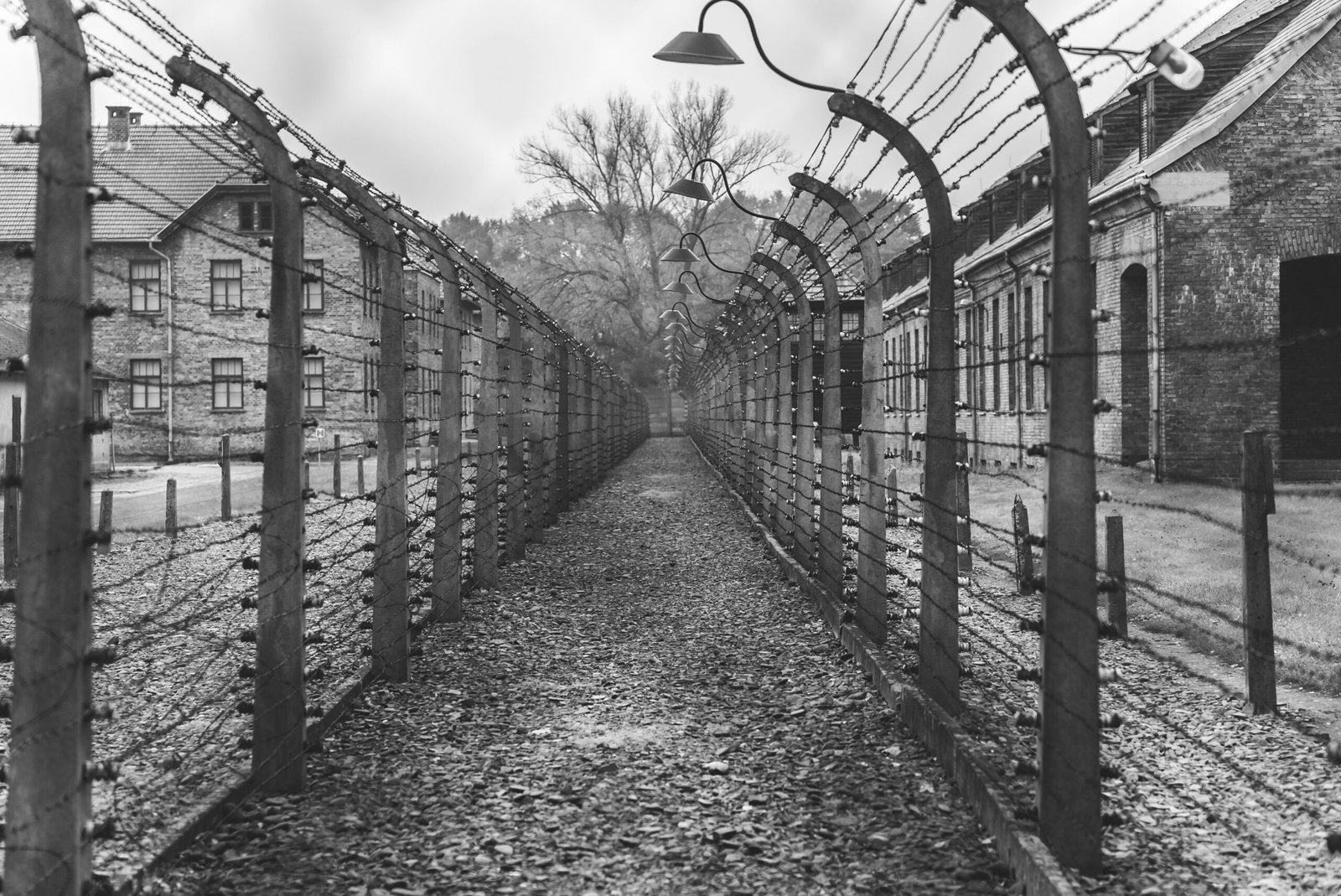1939: Hitler’s Ultimatum to Czechoslovakia
On March 15, 1939, a pivotal event took place in European history when Adolf Hitler issued an ultimatum to Czechoslovakia. This ultimatum marked a turning point in Hitler’s aggressive expansionist policies and set the stage for the subsequent occupation of Czechoslovakia by Nazi Germany.
The Meeting Between Hitler and Hácha
During the fateful meeting between Adolf Hitler and Czechoslovak President Emil Hácha, Hitler made it clear that the German army was ready to invade Czechoslovakia. This ultimatum left Hácha with no choice but to submit to Hitler’s demands. The occupation of Czechoslovakia by Nazi Germany was a direct violation of the Munich Agreement, which had been signed just months earlier.
The Munich Agreement, signed in September 1938, was an attempt to appease Hitler and avoid war. It allowed Germany to annex the Sudetenland, a region in Czechoslovakia with a predominantly German-speaking population. The agreement was meant to preserve peace in Europe, but Hitler’s actions in March 1939 shattered any hopes of a peaceful resolution.
Escalating Tensions and Imperialistic Ambitions
Hitler’s ultimatum to Czechoslovakia was a clear display of his imperialistic ambitions. By forcefully annexing Czechoslovakia, Hitler aimed to expand German territory and strengthen his position in Europe. This act of aggression sent shockwaves throughout the international community and significantly escalated tensions in the region.
The occupation of Czechoslovakia was not only a violation of the Munich Agreement but also a direct challenge to the principles of national sovereignty and self-determination. It was a clear indication that Hitler was willing to use force to achieve his expansionist goals, regardless of international agreements or the rights of other nations.
The Impact on Europe and the Onset of World War II
Hitler’s ultimatum to Czechoslovakia had far-reaching consequences for Europe and ultimately led to the outbreak of World War II. The occupation of Czechoslovakia gave Nazi Germany a strategic advantage and further emboldened Hitler in his quest for dominance.
The international response to Hitler’s actions was mixed. While some countries condemned the occupation of Czechoslovakia, others were hesitant to challenge Hitler directly. This lack of a unified response only served to strengthen Hitler’s position and encourage further aggression.
The events of March 15, 1939, marked a turning point in European history. It became clear that diplomatic negotiations and appeasement were no longer viable options in dealing with Hitler and Nazi Germany. The world was on the brink of war, and the actions of Hitler in Czechoslovakia were a catalyst for the conflict that would engulf the globe.
References:
1. History.com – German Occupation of Czechoslovakia
2. Britannica – German Occupation of Czechoslovakia
3. The National WWII Museum – The Great Debate Over Appeasement
As we reflect on the events of March 15, 1939, it is crucial to remember the lessons learned from this dark period in history. The occupation of Czechoslovakia serves as a stark reminder of the dangers of unchecked aggression and the importance of standing up for the principles of peace and justice.

